Star Trek: The Next Generation Ignored the Best Thing About the Enterprise
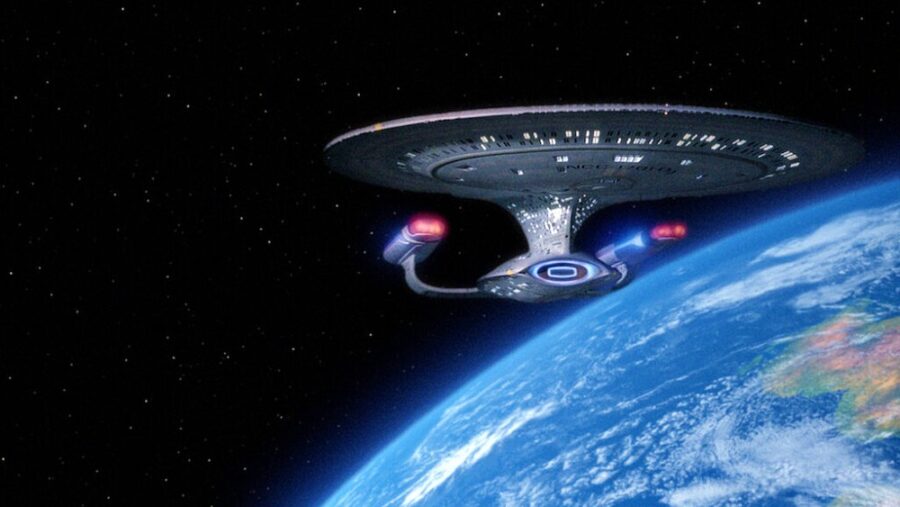
One of the reasons franchise fans love Star Trek: The Next Generation so much is that the show used its setting and premise to tell so many stories, many of which were wildly different from the others (Q making the crew re-enact Robin Hood, for example). However, there is one aspect of the Enterprise setting that the show almost completely ignored. With very rare exceptions, the show hardly ever dealt with the various ramifications of having a giant starship filled with families, including very young children.
So Long Space Cowboys
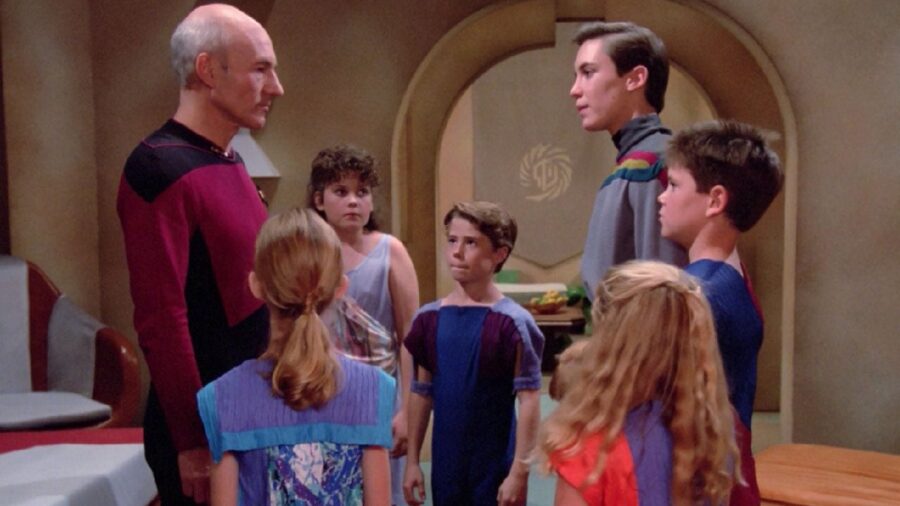
When this Star Trek sequel series first came out, the fact that the new Enterprise could house families was a big deal. Gone were the days when Spock and Captain Kirk had to wander the galaxy as lone space cowboys. Now, modern Starfleet crew members no longer had to choose between starting a family and boldly going where no one had gone before.
The Bonding
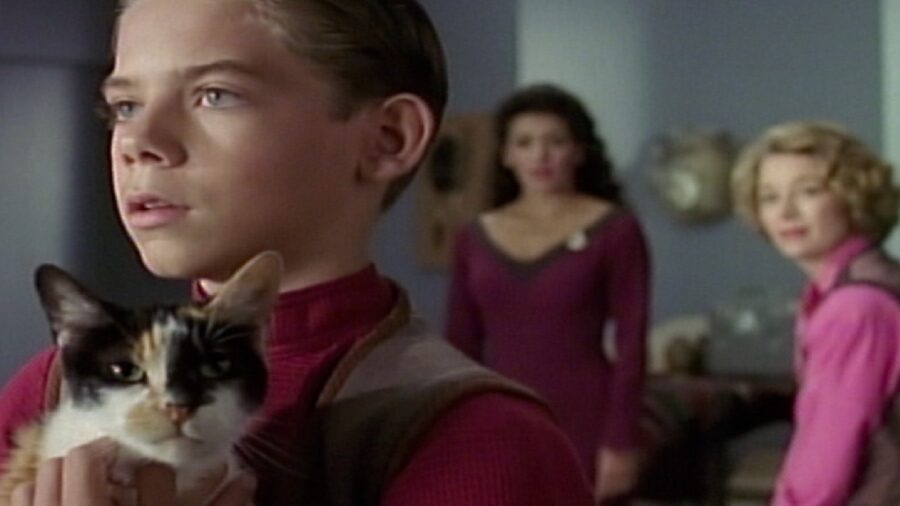
However, it’s exceedingly rare that Star Trek: The Next Generation leaned into the storytelling potential of having families onboard. “The Bonding,” for example, does a great job of exploring the grief of a young boy when his mother dies on an Away Team mission. On a (somewhat) lighter note, “Disaster” shows how interesting interactions between the children on the ship and Picard (who notoriously doesn’t care for young children) can actually get.
Outside of these major examples (and no, I’m not counting “Rascals” because kiddie versions of the adult characters are a very different kind of story), we didn’t get many tales that focused on the ramifications of having these young kids running around a ship that is constantly thrust into life-and-death situations.
Families Add To The Stakes
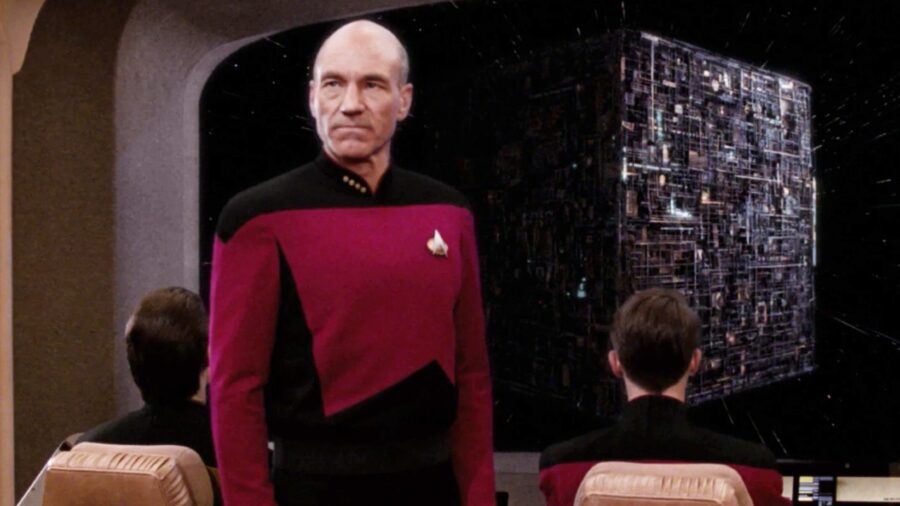
How much better would “The Best of Both Worlds” have been if we got a better look at the children and their nervous families right before the Enterprise engages the Borg? For that matter, what if we could see how weird it was for these kids to know that their captain was transformed into an evil robot man, helped murder 11,000 people, and then put back into command like nothing had happened?
History Making Families
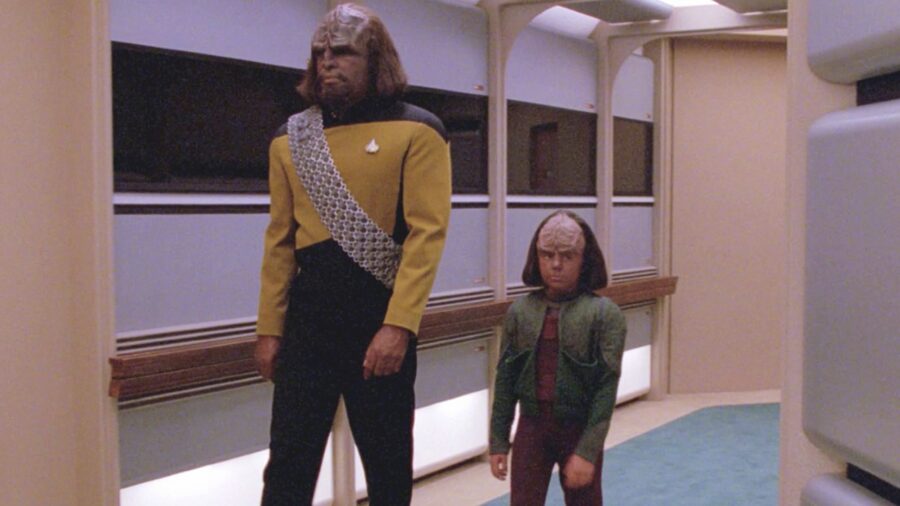
In other Star Trek episodes, it would be fascinating (to borrow a term from Spock) to find out how the families aboard the Enterprise felt about making history and sometimes literally intersecting with it. This is the ship, for example, that saw firsthand how the Klingon Civil War began and played a crucial role in ending it.
It’s even a ship where a normal day for Worf is catapulting through countless alternate realities, one of which dramatically affects his love life. If nothing else, it would be interesting to see how parents and their kids feel about the fact that everyone on the ship is just one bad day from getting sucked into the hull or having their brains melted by some unspeakably powerful galactic entity.
Another Way To Torture Miles O’Brien
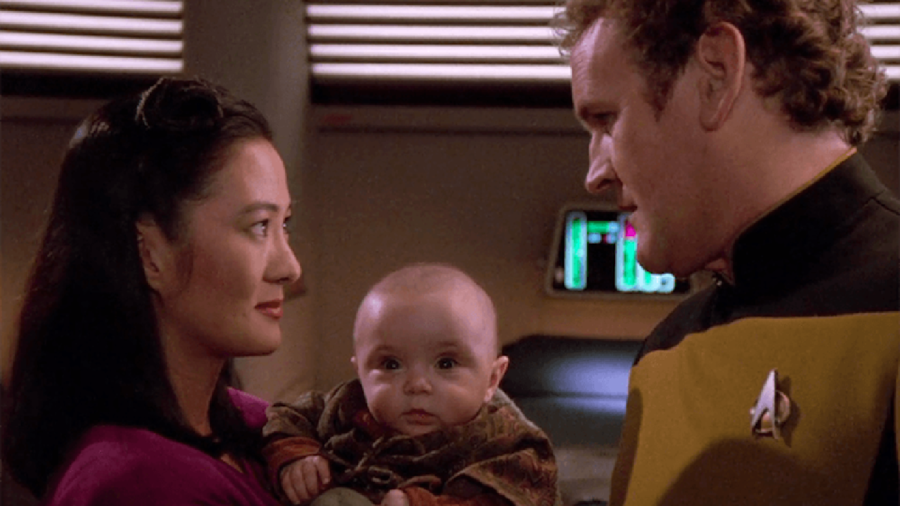
Ironically enough, the fact that Star Trek: The Next Generation wasted this storytelling potential becomes that much clearer after you watch all of Deep Space Nine. That show has plenty of great stories focusing on how difficult it was for Miles and Keiko O’Brien to raise a family on such a crazy space station.
We even got very realistic stories about aliens objecting to any education that doesn’t follow Bajoran religious doctrine; considering that TNG made a big deal out of whether Ensign Ro was even allowed to wear religious jewelry, it’s particularly strange that the show didn’t further explore how parents from different planets and walks of life felt about their children’s Starfleet-approved education on the Enterprise.
The Crusher Conundrum
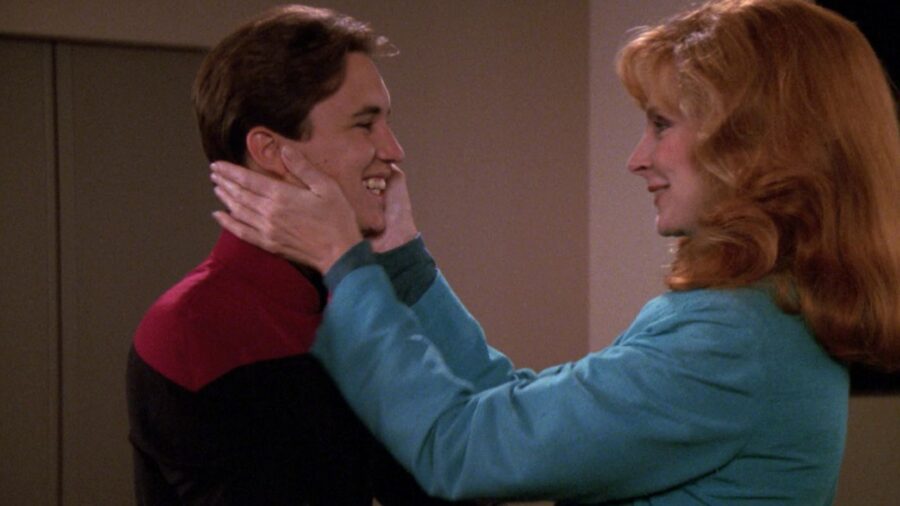
At this point, haters might claim that Wesley Crusher is proof that we didn’t need more kid-centric episodes, but here’s the thing: nothing was inherently wrong with Wil Wheaton’s performance or his character. Instead, Wesley was the victim of bad writing, and if the kid-focused episodes I am describing had the quality of “The Bonding” or “Disaster,” they could have been amazing. As great as Star Trek: The Next Generation is, the lack of stories focused on shipboard families means the series, like Wesley’s Starfleet career, simply never reached its full potential.












